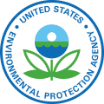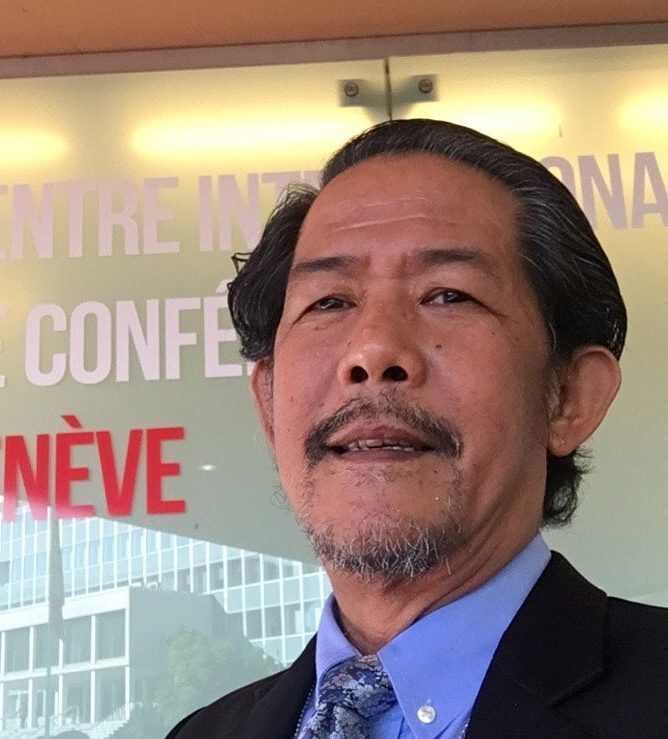About IEMN :
In structure, IEMN is a voluntary and non-binding community of environmental regulators, providing participants/participating countries opportunities to collaborate and learn throughout the year, both virtually and with in-person events. In addition to peer-to-peer interactions, IEMN also creates opportunities for other stakeholders to join the conversation and provide additional perspectives and resources.
Our Mission:
The mission of the International E-Waste Management Network is to share best practices and experiences based on a circular economy approach that reduces the negative impact of electronic waste on public health and the environment while promoting positive socio-economic outcomes.
History:
IEMN was established in 2011 by the US Environmental Protection Agency (U.S. EPA) and the Environmental Protection Administration Taiwan (EPAT) under the auspices of the environmental agreement between the American Institute in Taiwan and the Taipei Economic & Cultural Representative Office; which was first signed in 1993.
IEMN is part of the broader International Environmental Partnership (IEP) between U.S. EPA and EPAT, which aims to provide a platform to promote partnership between countries on key environmental issues such as children’s health, environmental education, mercury monitoring, environmental enforcement and compliance, remediation of contaminated sites, recycling of electronic devices, and climate change adaptation and mitigation.
In 2021, EPAT and U.S. EPA enlisted the help of Sustainable Electronics Recycling International (SERI), a leading United States based non-profit organization dedicated to the responsible reuse, repair, and recycling of electronics. SERI facilitates IEMN activities as the IEMN Secretariat and advances the IEMN community with opportunities for countries around the world to collaborate on capacity building and environmentally sound management of electronics.

The Environmental Protection Administration of Taiwan (EPAT)
was founded in 1987 to promote blue skies and green earth, verdant mountains and pristine waters, and health and sustainability. EPAT employs a variety of results-driven objectives to accomplish this and uses environmental education as a key strategy. In 2011, Taiwan adopted a visionary environmental education policy, The Environmental Education Act. This policy required all public sector and students of elementary and junior high schools to receive more than four hours of environmental education annually.

The United States Environmental Protection Agency (U.S. EPA)
was founded in 1970 to protect human health and the environment. The U.S. EPA uses environmental education as a key strategy to accomplish this mission. In 1990, the United States passed groundbreaking legislation, The National Environmental Education Act of 1990, which requires EPA to provide national leadership to increase environmental literacy.

Sustainable Electronics Recycling International (SERI)
engages in a broad suite of activities related to the use, management and end of life disposition of electronics items including R2 Standard development and certification. SERI works with a coalition of partners to raise awareness of electronics repair and recycling issues around the world with the broader mission to create a world where electronic products are reused and recycled in a way that promotes resource preservation, the well-being of the natural environment, and the health and safety of workers and communities. SERI is a registered 501(c)(3) non-profit organization in the United States, and with this designation, has no members.
Steering Committee :
The IEMN Steering Committee represents a diverse group of individuals passionate about making a positive impact on electronics sustainability in their own communities, and around the world.

Chris Newman
US EPA (Co-Chair)

Chih-Yi (Jannie) Lee
Section Chief, Environmental Protection Administration, Taiwan (Co-Chair)

Carlos Alberto Hernandez
WEEE Program Coordinator, National Centre for Cleaner Production, Colombia

Geri-Geronimo R. Sanez
Chief of Hazardous Waste Management Section-Environmental Quality Division, Environmental Management Bureau of the Department of Environment, Philippines

Walter Pulogo
Department of Waste Management (DWM) Ministry of Local Government & Agriculture, Tuvalu
IEMN Staff :

Garth Hickle
IEMN Director